Housing crisis: Call for last home owners’ bonus to free up houses
Over 200,000 Queenslanders are living in large homes they can no longer maintain that could be put to better use by younger families, prompting calls for bonuses for seniors who downsize.
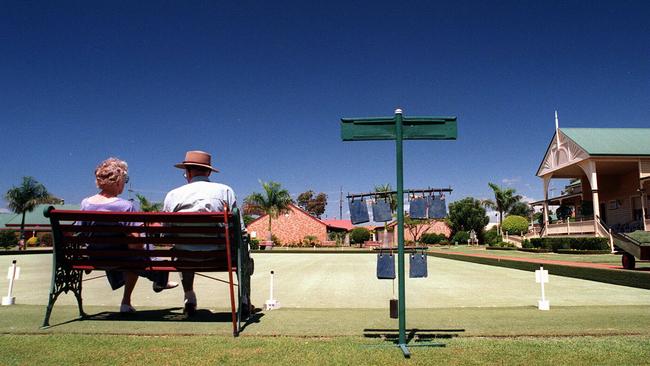
Property
Don't miss out on the headlines from Property. Followed categories will be added to My News.
Over 200,000 Queenslanders are living in large homes they can no longer maintain that could be put to better use by younger families, prompting calls for bonuses for seniors who downsize.
Thousands of larger homes could be freed up for desperate househunters if seniors were better able to downsize into independent living options without impacting their pensions or finances, retirement industry experts say.
MORE: Brisbane home price surge to outstrip Sydney, Melbourne
Shock income you need to earn to buy a house in Brisbane
Prize homeowner’s incredible win ends shock run of bad luck
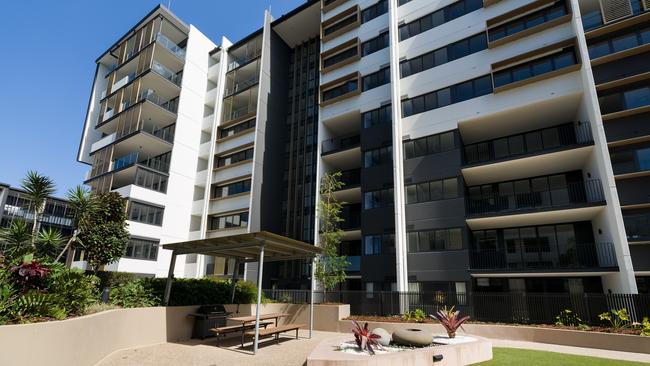
A new report by the Retirement Living Council of the Property Council of Australia has called for a rethink of how to turn “inefficient use of space” into freed up housing stock with a peak body for seniors calling for major financial hurdles to be swept aside.
RLC chair Daniel Gannon said almost three quarters of those over 75 were living in dwellings with one or more bedrooms spare, representing over 1.4m older Australians in oversized under-utilised homes.
“It doesn’t just start and stop with policy reforms,” he said. “Promoting development, removing financial barriers, and increasing awareness can lead to more older Queenslanders living in retirement communities, thereby freeing up more homes for singles, couples and growing families.”

“As a priority, we will continue to advocate for the removal of financial barriers associated with the Home Equity Access Scheme, Commonwealth Rental Assistance and the Age Pension asset test to help ‘free up’ more homes for more Queenslanders.”
Mr Gannon said if retirement units reached 14 per cent market share by 2030, around 12,800 older people could delay their entry into aged care facilities, saving taxpayers $525m a year in Queensland alone.
The peak body for older Australians, National Seniors, called for special incentives to help people downsize into their last homes, making a submission to the Queensland government this week for a special one-off stamp duty concession following in the footsteps of Victoria, ACT and Tasmania.

NS chief operating officer Chris Grice said federal government attention was required because of widespread fear over pension eligibility after the sale of a family home – requiring greater clarity from the Australian Taxation Office – but at a state level, a stamp duty concession could be worth tens of thousands to downsizers, much more than any homeowner grant.
“Older Queenslanders who wish to downsize to a more suitable and age-friendly dwelling are reluctant to do so because of high costs and government charges,” the NS submission to the Palaszczuk Government said.
“The Australian Capital Territory (ACT), Victoria and Tasmania offer seniors a stamp duty concession to encourage downsizing, but Queensland does not. National Seniors calls on the Queensland Government to join other states and territories in implementing a stamp duty concession scheme for seniors.”
“We recommend the government adopt a similar scheme to the one offered in the ACT and Victoria where the value of the concession declines on a sliding scale relative to the value of the new home.”
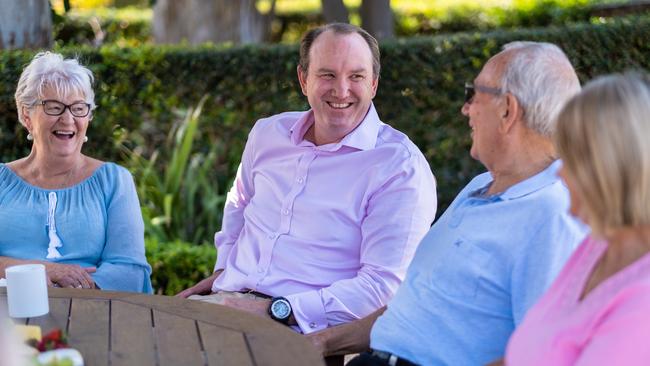
The number of Queenslanders aged over 75 was expected to increase from 392,000 to 688,000 by 2040, a rise of approximately 300,000 in less than two decades.
Brett Robinson, CEO of retirement community developer and operator RetireAustralia, plans to deliver 1,100 new dwellings over a five-year period, but believes more could be done with the right policy settings.
He called for significant reform at the planning level – federal, state and particularly local government – to enable organisations like his to build and support downsizing.
“There are programs that actually put the brakes on people selling their home and moving into or downsizing into a retirement community,” he said.
Allowing people to downsize “without it putting them at risk financially in their minds” would help, Mr Robinson said, with a lot of work going into creating communities where older Australians won’t have to move again, having care right to the end of life.
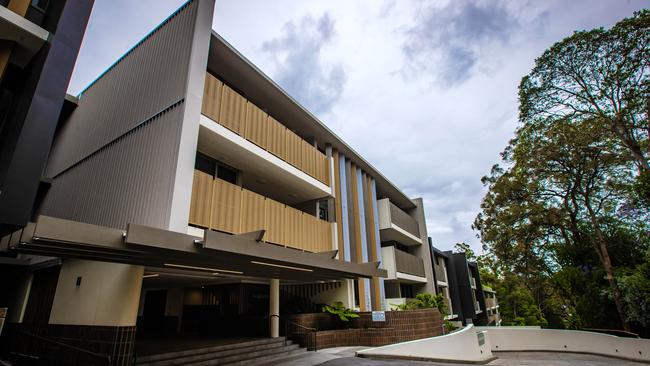
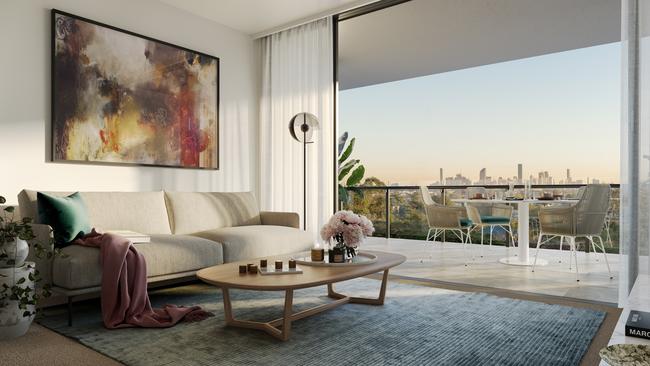
SEE THE LATEST PROPTRACK HOME PRICE INDEX
“The beauty of retirement communities is residents actually pay for the real estate. The government aren’t paying for the accommodation, it’s a user pay (system), a bit like the co-contribution that’s emerging now around aged care.”
“We would like government to be more flexible, the federal government particularly around the model that is provided to these residents to allow them to get the services that they need to stay in their communities. We save the government a fortune by keeping them out of hospital.”
The Property Council’s RLC report found one in five Australians over 65 needs help with domestic tasks like property maintenance (20 per cent) and household chores (16 per cent).
“This suggests that the majority of older people are not right sizing, and many are requiring extra supports to continue living in their family home. Larger dwellings can also increase health risks as people age, with most cases of falls in older people occurring at home.”


